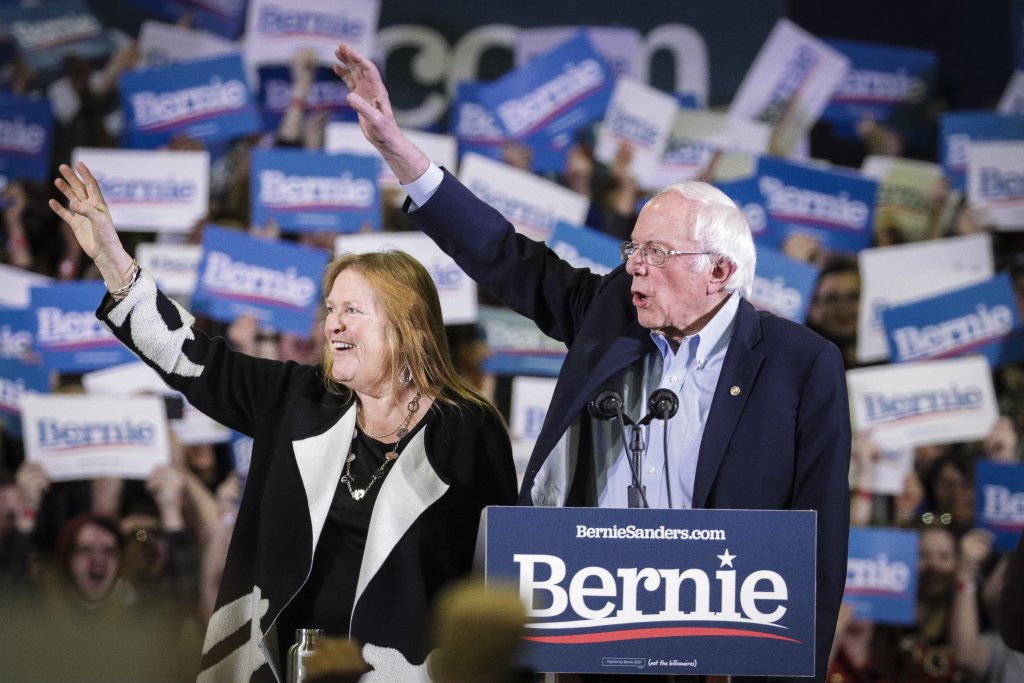
So much for Bernie Sanders and socialism.
We’ve all met the likes of Sanders before, if not in actual life then in books, union halls, songs, history and politics – Robert LaFollette, Joe Hill, Henry Wallace, Samuel Gompers, Norman Thomas, Eugene Debs, Walter Reuther and, maybe, pieces of the Roosevelts, Theodore and Franklin.
Sanders is simply the latest of the breed to declare himself a democratic socialist, joining the aforementioned pantheon of activists as drum major of a “movement” and a “revolution.” The Bernie we know and love is a fusty 78-year-old “hippie” who hasn’t changed a whit since he began preaching his unswerving dogma of socialism a half century ago. The times have finally caught up with him. The man was ready and waiting for the moment, though fleeting as it was.
But they have all come and gone, just as Sanders is now fading, even though his message may linger in the ether for a few more months and even ease into the political discourse in bits and pieces as much of the campaign palaver does.
When the vote is called, Americans usually dive for the middle, with a tilt to the left, as it has in this case. The remaining pinpricks on the map now favor former Vice President Joe Biden following his Super Tuesday 10-state blowout on a surge of anti-Trump votes. The middle is now firmly settled behind Biden. Everybody loves a frontrunner.
Sanders had cultivated a defined constituency of young and liberal supporters, much of it left over from his rambunctious candidacy in 2016. His message of cradle-to-grave government support – pre-K for every child, free breakfast and lunch for every school child, free college tuition, government health care for all, increased Social Security benefits, and more, all $50 trillion of it paid for by taxes on the rich – had a visceral appeal to those who he contrasted with the 1% elites that are pocketing most of the nation’s wealth.
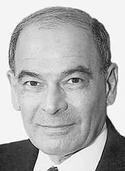
Frank A. DeFilippo
That message does not vary except, perhaps, in degree from the very words that have thundered from campaign stumps and union halls for more than a century.
Theodore Roosevelt, at the turn of the 20th Century, was the first president to call for universal health care. And every Democratic president since then, and even Republican Richard M. Nixon, had tried and failed to confect an acceptable program until President Obama finally won a public-private medley, the Affordable Care Act.
The main difference between the fulminations of yesteryear’s liberal stalwarts and Sanders’ modern-day democratic socialism is written in extreme contrast – the blood and sweat of exploited workers, compared with the enormous wealth of today’s America.
Put aside the downtrodden for a moment. Sanders argues, simply, that America, as the wealthiest nation beyond probably even a Rockefeller’s acquisitive imagination, can afford the costly generosity and expansion of rights that he proposes.
Socialism, by classic definition, means government control of production. Socialism, as Sanders expresses it, is simply that government guarantees basic needs and rights for everyone, especially those a few rungs down the ladder.
And that is where, from a political calibration, the Sanders campaign is losing its grip and grit. He has failed to broaden his coalition beyond his 2016 supporters and expand his base to a wider constituency than his cohort of liberals and especially young people. Sanders has attracted surprising support among Latino voters but also has fallen short among blacks, whose hearts belong to Biden through the Obama connection.
The kind of socialism that grew out of the early 20th Century had its taproot in the oppression of workers, riots and shootings at factory gates, the exploitation of child labor and eventually the Great Depression, the flirtation with communism and the drive for worker strength through unionization. The desperation of the 1930s was so widespread that people would clutch at any promise or ideology that offered hope.
Many of the radicals of the era – Gompers, Debs, Reuther, for example – were union organizers who embraced socialism as an alternative to the captains of industry of the era and the mistreatment of the masses of workers in factories and company towns.
Today, the opposite is true. Socialism is portrayed as a helping hand as well as a handout. Many of the protections that workers enjoy today emerged from union halls and bargaining tables as well as the works of muckraker-writers such as Upton Sinclair and Lincoln Steffens. (Maryland had a strong union presence because of the railroads and coal mines in Western Maryland and manufacturing and shipping in the Baltimore region.)
They had their champion and avatar in Congress in David Lewis, the coal miner and congressman from Western Maryland – the father of Social Security and workmen’s compensation — and a favorite of Franklin Delano Roosevelt, a president described as “a traitor to his class” because of his New Deal prescriptions and policies that helped to overcome the Depression.
Sanders is not the first declared democratic socialist, though a registered Independent and not a Capital-D Democrat, to run for president.
Eugene Debs, the labor leader, ran for president five times as the candidate of the Socialist Party of America, once from prison, a six-month sentence for defying a federal injunction against a strike. Debs was a founding member of the Industrial Workers of the World and probably the best-known socialist living in the U.S. in his time (1855-1926).
Here is Debs’ Bernie-like quote: “I am opposing a social order in which it is possible for one man who does absolutely nothing that is useful to amass a fortune of hundreds of millions of dollars, while millions of men and women who work all the days of their lives receive barely enough for a wretched existence.”
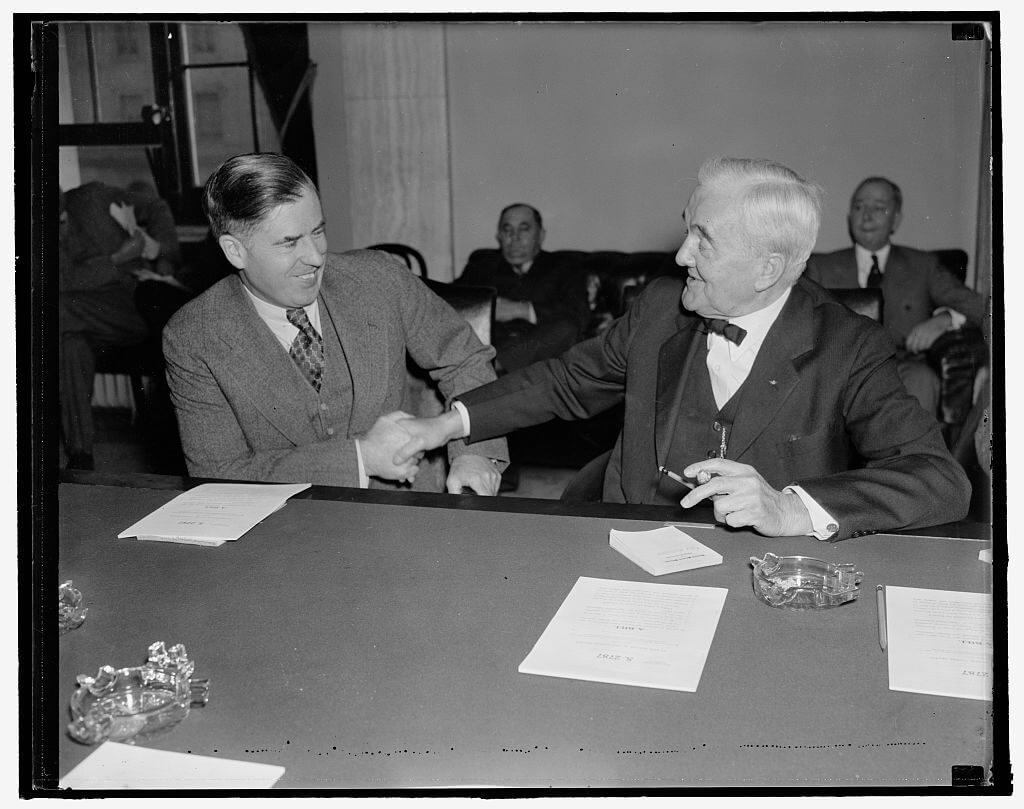
Henry Wallace, then the U.S. Agriculture secretary, prepares to testify before the Senate Agriculture Committee in 1937. Library of Congress, Prints & Photographs Division, photograph by Harris & Ewing, [reproduction number, e.g., LC-USZ62-123456]
Here is Wallace’s Bernie-like quote: “A fascist is one whose lust for money or power is combined with such an intensity of intolerance toward those of other races, parties, classes, religions, cultures, regions or nations as to make him ruthless in his use of deceit or violence to attain his ends.”
Norman Thomas, a Princeton educated, Presbyterian minister and founder of the American Civil Liberties Union, was a six-time presidential candidate of the Socialist Party of America. Thomas was essentially a pacifist who opposed both world wars and called for a cease fire in Vietnam.
Here is Thomas’ Bernie-like quote: “I am not the champion of lost causes, but the champion of causes not yet won.”
Robert LaFollette, a leader of the progressive movement in Wisconsin, was the 1924 Progressive Party candidate for president. LaFollette, an attorney, was a Wisconsin governor and senator who championed tax reform, corporate regulation, taxes on railroads and promoted direct primary elections. LaFollette summed up his politics as “people vs. the interests.”
Here is LaFollette’s Bernie-like quote: “Men must be aggressive for what is right if government is to be sound from men who are aggressive for what is wrong.”
Samuel Gompers was a giant among the early labor leaders. Gompers was once asked during a protracted negotiation what labor wanted:
Here is Gompers’s Bernie-like response: “More.”
Among the most legendary of the bunch, for the wrong reason, perhaps, was Joe Hill, truncated from the Swedish-born Joseph Hillstrom, a labor activist and organizer, songwriter and cartoonist, and member of the Industrial Workers of the World, known as the “Wobblies.”
Hill was executed by firing squad for a murder he did not commit, despite pleas to spare his life from around the world, including the reigning pope. Hill was the fall-guy in a triangle that went awry. Among Hill’s final verses, “My will is easy to decide/for I have nothing to divide.”
Hill is memorialized in song, recorded by such disparate counterculture artists as Paul Robeson and Joan Baez:
“I dreamed I saw Joe Hill last night,
Alive as you and me.
Says I, ‘But Joe, you’re 10 years dead’
‘I never died,’ says he.
‘I never died,’ says he.”
But the last word goes to Theodore Roosevelt, who was elected president to different terms under the mastheads of two political parties, the Progressive Party and the Republican Party, and one of the finest writers ever to occupy the White House:
“Every reform movement has a lunatic fringe.”
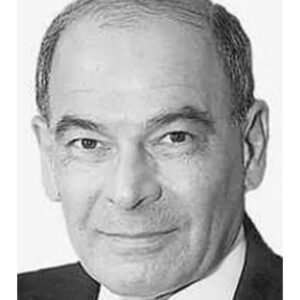


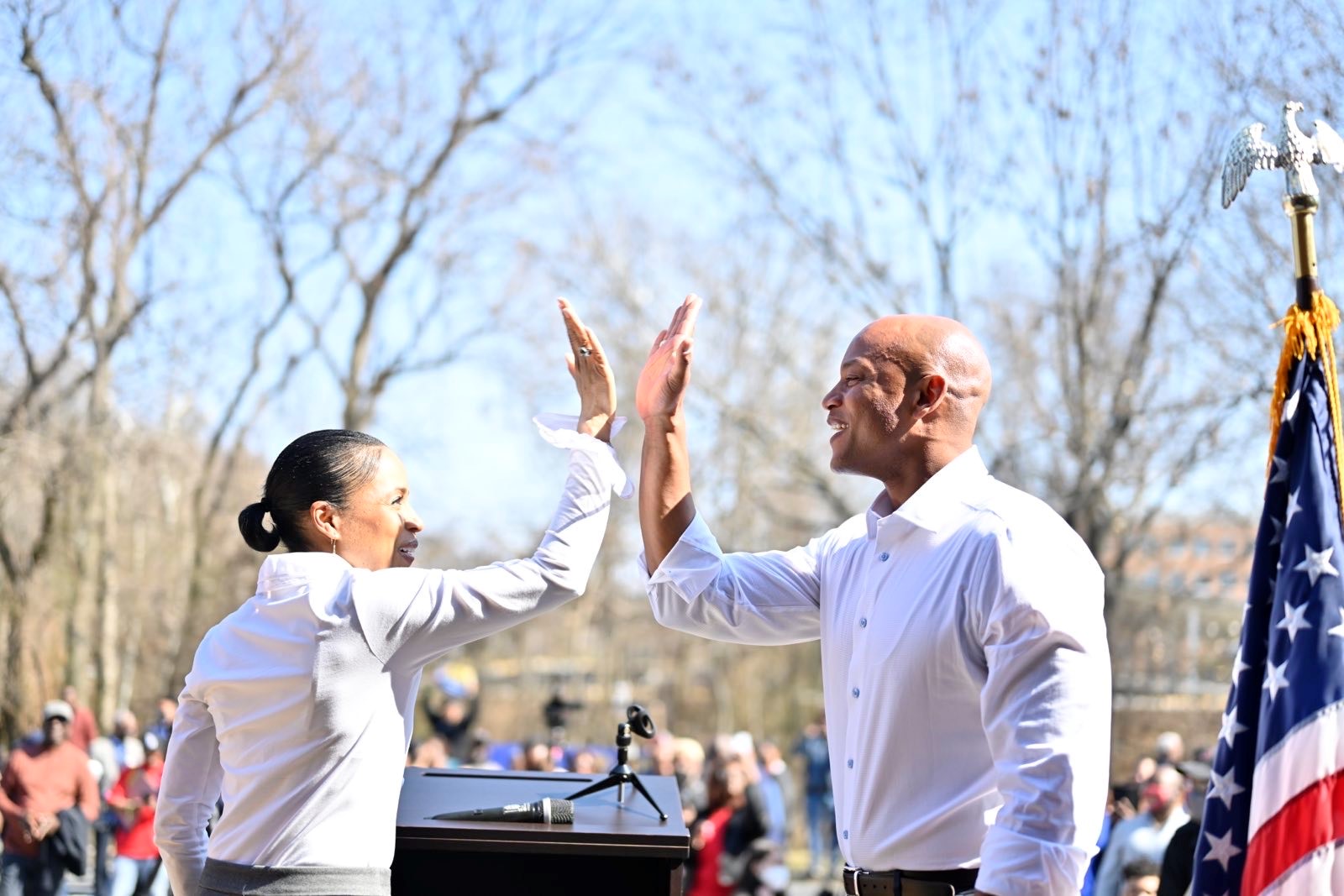
 Creative Commons Attribution
Creative Commons Attribution